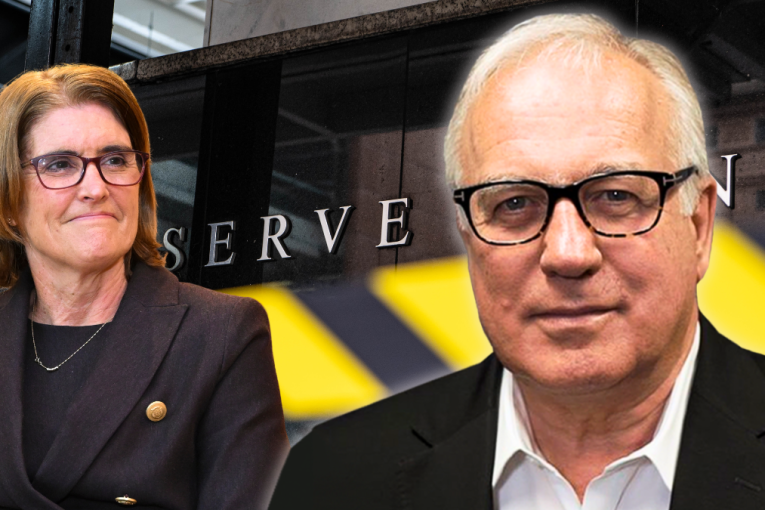Weighing up insurance within super? Here’s what you need to know


TPD insurance offered within super is usually less generous than that provided outside it. Photo: Getty
Taking out personal insurance rarely features at the top of to-do lists when people get their financial affairs in order.
Sure, if you own a home you need to insure it and if you have a car it is wise to have at least third-party property in case you have an accident.
If you’re a renter, then perhaps you have taken out contents insurance as well.
Yet life and disability cover is another matter altogether.
Many people ignore it because they think their super fund has their back on it.
But while that is true for some, recent rule changes mean that if you have less than $6000 in your fund or are under the age of 25, you probably won’t be covered at all unless you tell your fund that you want this type of cover.
And taking out insurance through superannuation can be a great way to do it for two reasons.
Firstly, you don’t have to shell out extra money from your take-home pay because premiums instead come out of your superannuation contributions.
Secondly, because the premiums are paid through your super contributions it effectively makes them cheaper as they are pre-tax payments.
But there’s a big reason to look beyond superannuation, too.
Insurance and superannuation
The standard insurance through your super fund provides two things: Death cover and total and permanent disability cover.
Death cover will pay out only on death in most instances.
But with TPD the threshold for a payout depends on whether the cover is defined as ‘any occupation’ or ‘own occupation’.
“The disability cover inside super is largely defined as ‘any occupation’,” said David Simon, principal of Integral Private Wealth.
That means you can only make a claim if you sustain an injury that prevents you from doing any work whatsoever – in any occupation.
Unfortunately, people often assume the TPD insurance they have with their super uses the ‘own occupation’ definition of total and permanent disability.
This is when the insurer pays out a claim if you have an accident that prevents you from doing the job (occupation) you were doing before your disability.
Given it is more likely to pay out, this type of insurance is more expensive to obtain and usually only available outside of super.
And so, if you opt to buy insurance inside superannuation and later had an accident, you might struggle to access a payout if you were able to move into a new line of work.
In this scenario, you would likely only be able to access the funds in your superannuation once you reached preservation age.
Super fund exclusions
Another thing to consider is, will you be covered at all?
Although most super funds today are open access, industry funds were originally designed to service members of a particular industry.
That could lead to you being denied insurance if your job is considered more dangerous than the norm for that industry. (Each fund should publish a list of the occupations excluded from their insurance.)
This is why Cbus is the recommended fund for people who have dangerous jobs in the building industry – its group insurance was designed with construction workers in mind.

Read your super fund’s product disclosure statement to learn more about your insurance. Photo: Getty
Check your cover
If you are earning close to the average wage of $80,000 a year, and you are a white-collar worker in your 30s, then “you might get $200,000 in death cover and possibly $120,000 in TPD,” DEXX&R managing director Mark Kachor said.
That level of cover should cost about $2 to $3 a week and is based on you having about two units of death and TPD cover.
“But the amount of cover decreases over time and will get down to zero at age 70,” Mr Kachor said.
By the time you turn 55, your coverage may have shrunk back to the equivalent of six months’ pay.
Food for thought
Paramount Financial Solutions adviser Wayne Leggett said there are four different risks to consider when assessing your insurance needs.
“And not all of those can be addressed via superannuation,” he said.
The points to consider are: Death cover; whether TPD uses the any occupation’ or ‘own occupation’ definition of permanent disability; trauma insurance; and income protection insurance.
The primary issue in determining how much insurance to take out – particularly for younger people – is debt.
More specifically, will a lump sum payout for death or TPD leave you – or your remaining partner – with a manageable amount of debt afterwards?
That is a sensitive equation involving your earnings, expenses and the ability of your partner to earn in the future.
Such issues are best discussed with a knowledgeable adviser, either from your super fund or an outside company.
Trauma insurance, a lump sum payout, and income protection insurance would be extras for most people.
Trauma cover must be bought outside your super fund, but some funds offer income protection insurance – which was recently subject to a number of reforms that made payouts less generous.
The New Daily is owned by Industry Super Holdings










